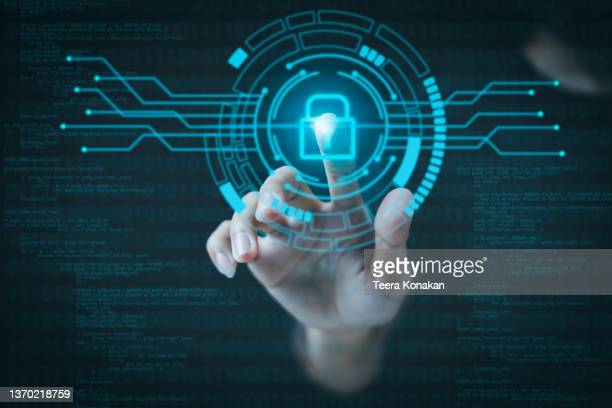Deepfake Technology: A Comprehensive Exploration of Synthetic Realities

“In the age of deepfake technology, reality is not always what it seems. It serves as a stark reminder of the importance of critical thinking, media literacy, and ethical responsibility in our digital world, where truth can be manipulated, but…




